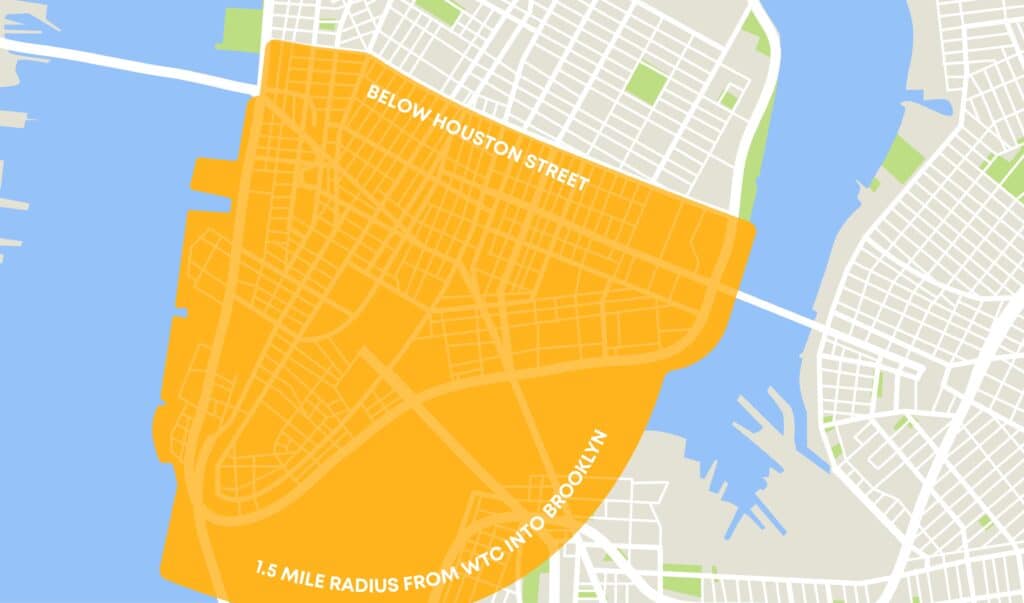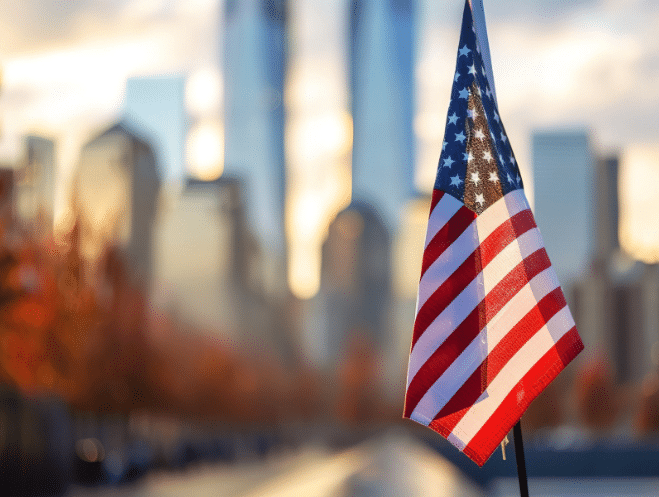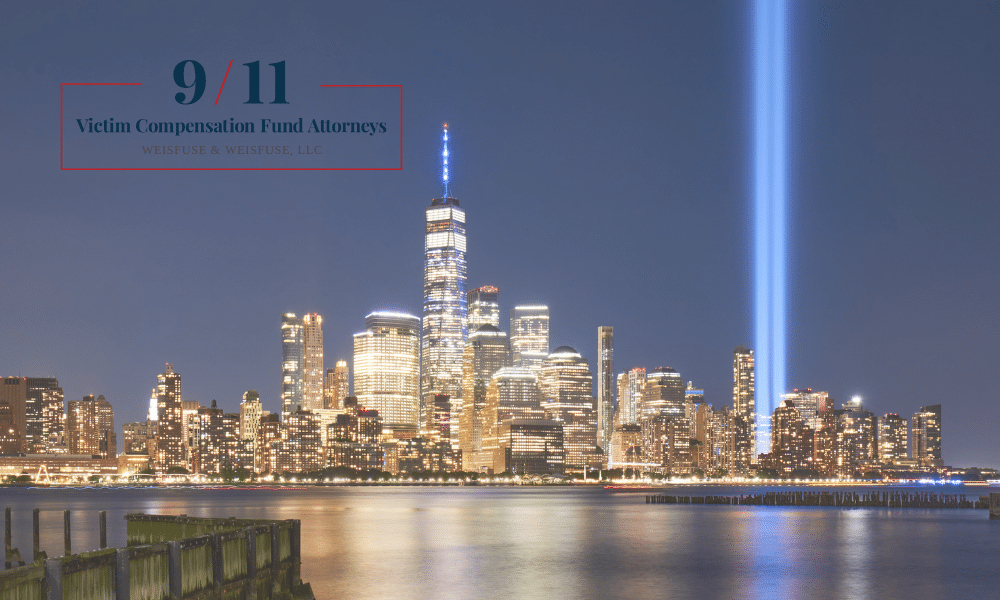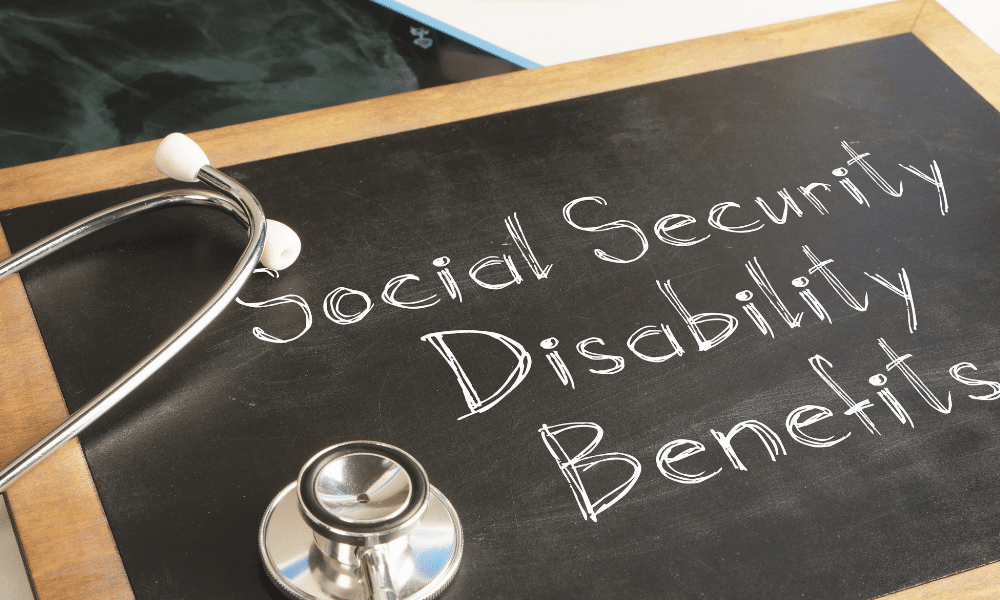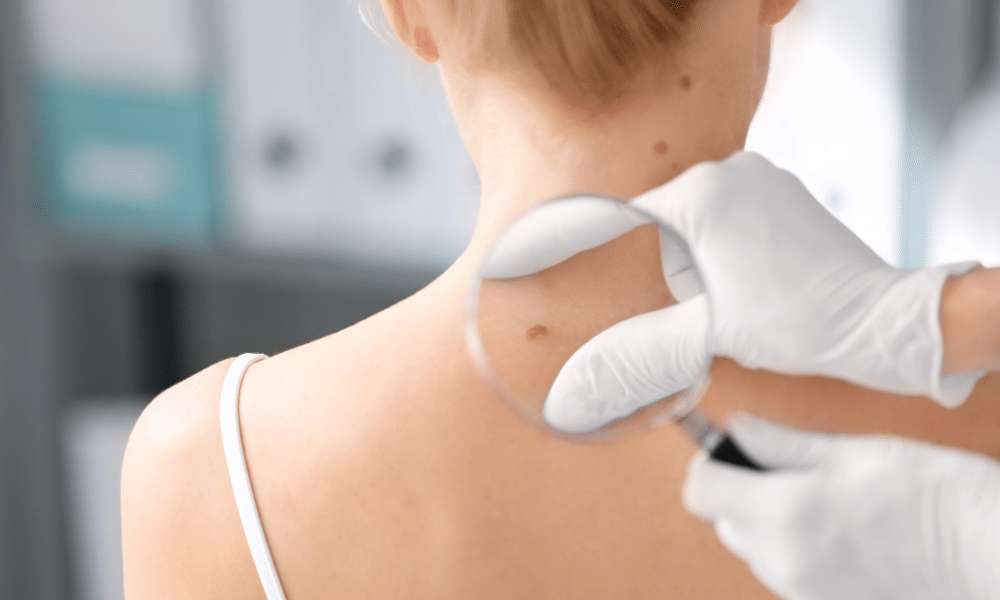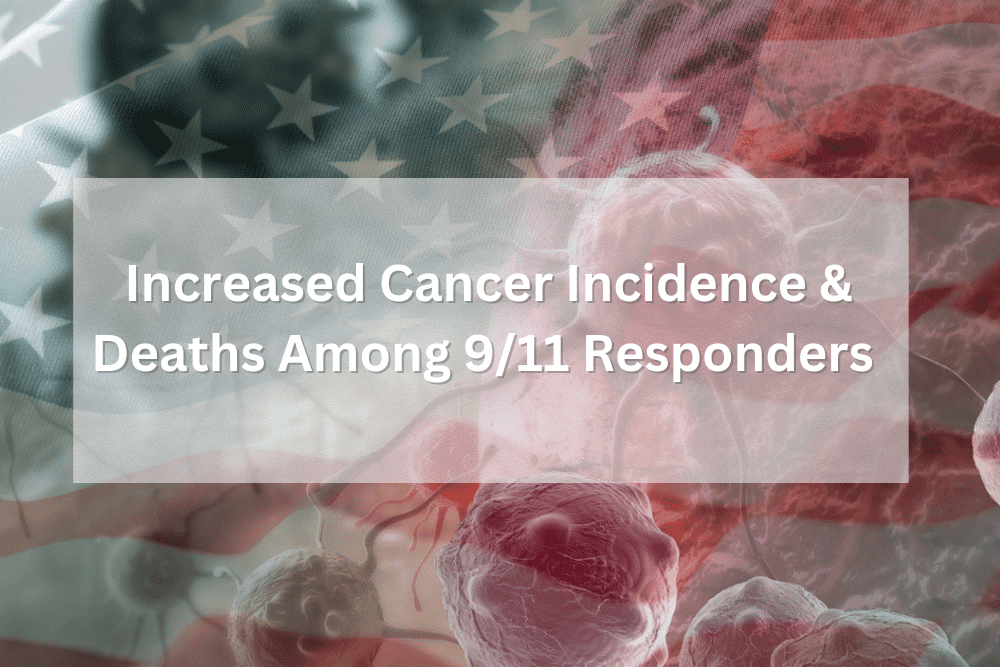
One of the most unfortunate side effects of the tragedy that struck New York on 9/11 is the deteriorating health of the responders who rushed to the scene that day.
Exposure to many harmful toxins at Ground Zero and in the surrounding areas for many months following the attacks has had a devastating effect on the health of police officers, firefighters, paramedics, and volunteers.
They became national heroes for stepping forward and helping their city in the time of its greatest need, but many paid a very heavy price. In particular, the increased cancer incidence among 9/11 responders has led to some alarming statistics in recent years.
Below we take a closer look at the types of cancers that affect responders and how incidence rates compare with the general population.
Increased cancer incidence among 9/11 responders
An estimated 91,000-plus rescue/recovery workers and volunteers assisted in the post-9/11 cleanup response — and they were all exposed to toxic dust.
For more than two decades since that day, responders have suffered the health effects of their efforts among the building dust, smoke, and jet fuel.
A range of health problems from psychological issues to breathing and digestive conditions have afflicted these brave individuals — and, unfortunately, many paid the ultimate price from deadly cancers.
The World Trade Center Health Program was established in 2011, as part of James Zadroga 9/11 Health and Compensation Act of 2010. As well as providing free medical care for responders and survivors until 2090, the program coordinates and funds research related to the health impacts of 9/11.
The program found that exposure to carcinogens at the WTC increased the cancer risk for responders as they age.
A recent analysis in the Journal of the National Cancer Institute (JNCI) evaluated cancer incidence among 69,102 WTC responders. This analysis showed an increased risk of thyroid cancer and prostate cancer. leukemia and lymphoma, as well as melanoma.
We take a closer look at three of these cancers below.
Prostate Cancer
Prostate cancer is the most common cancer among males in the U.S. The JNCI analysis found a 19 percent higher risk of prostate cancer in WTC responders when compared with the general population.
This topic was first researched in 2012 and a follow-up study in 2018 suggested possible interactions with the immune system that led to the development of this cancer.
When compared with control samples, the tumors of WTC responders indicated that genes involved in DNA repair and metabolism were affected. A 2022 study also suggested that prostate tumors in responders exposed to toxic dust were larger than in control samples.
The conclusion is that the increased incidence of prostate cancer in 9/11 responders is due to exposure to this toxic dust.
Thyroid Cancer
The connection between thyroid cancer and WTC dust exposure is contested in some quarters but the JNCI analysis indicated an 81 percent increased risk when compared with the general population.
Again, considerable research into a possible link began in 2012 and the link is well-acknowledged. However, some individuals say that the increased screening of WTC responders may partly account for the increased incidence rates.
Because thyroid cancer is usually non-aggressive and has a high survival rate (over 98 percent of victims survive for five years or more in the U.S.), some say that the cancers lie undetected in much of the general population.
However, the majority of responders have said that their thyroid cancer was discovered because of symptoms rather than routine screening.
The increased incidence of thyroid cancer in responders is likely due to exposure to toxic WTC dust though more research is needed in this sphere.
Leukemia and Lymphoma
The link between leukemia and lymphoma, which are both blood cancers, is suspected but still under investigation.
Original JNCI analysis found no increased risk of these cancers among WTC responders but a study published in 2020 found that WTC responders were 41 percent more likely to develop leukemia than other individuals in their geographic area.
Another recent study also found higher rates of mutated blood cells in WTC responders compared with a control group of first responders.
More study is required in this area to prove a definitive link between leukemia/lymphoma and exposure to WTC dust but there are strong indications that this is the case.
NYC firefighter fatalities set to surpass 9/11 death toll
While research into the link between cancer and WTC dust continues, it is a fact that the number of firefighter deaths will soon surpass the number killed at the WTC on 9/11.
343 FDNY firefighters lost their lives on the day and there have been over three hundred deaths of firefighters in the two decades since.
The FDNY-Firefighters Association reports that firefighters are dying at a rate of 30 per year from WTC-related illnesses, most notably 9/11-related cancers.
More funding was requested for the James Zadroga 9/11 Health and Compensation Act as a result of the increasing mortality rate from cancer.
Increase in cancer survivors due to the WTC Health Program
In addition to the responders who have perished since 9/11, an increased rate of survival for various cancers means that many firefighters and other responders have survived the disease.
This could be for many reasons. Chief among them are better fitness rates (a high level of physical fitness is required to be a firefighter) and comprehensive screening and medical care offered through the WTC Health Program.
The program provides monitoring and treatments for health conditions that are certified to be related to the September 11th attacks. All medical care is free for patients and some victims are even offered transportation to and from their appointments.
This encourages victims to step forward before their disease progresses. Early diagnosis may help reduce the overall mortality rate.
The lawyers at Weisfuse & Weisfuse, LLC may be able to assist if you have a health problem related to 9/11. To discuss your situation and learn more about how we may be able to help you, please call 332-239-2238 or contact us online to schedule a free consultation.
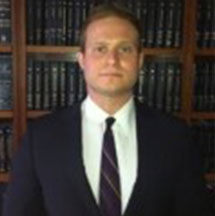
About Jason Weisfuse –
9/11 Victim Compensation Fund Attorney
About Jason Weisfuse –
9/11 Victim Compensation Fund Attorney
Jason E. Weisfuse is a seasoned 9/11 cancer attorney and managing partner at Weisfuse & Weisfuse, LLC, a New York City-based law firm dedicated to representing individuals affected by the September 11th attacks. Since the establishment of the September 11th Victim Compensation Fund (VCF), Jason has been instrumental in assisting first responders, survivors, and families in securing the compensation and medical benefits they deserve.
With a Juris Doctor from New York Law School (2009), Jason brings extensive experience regarding the 9/11 Victim Compensation Fund to his practice. His deep understanding of the VCF and the World Trade Center Health Program (WTCHP) has enabled him to navigate complex claims processes effectively, resulting in substantial awards for his clients.
Jason’s commitment to the victims in the 9/11 community is evident through his active involvement in professional organizations such as the New York State Trial Lawyers Association and the American Association for Justice. He has also contributed to legal discourse with publications in the New York Law Journal, reflecting his dedication to legal excellence and advocacy.
At Weisfuse & Weisfuse, LLC, Jason continues to provide compassionate and knowledgeable representation, ensuring that those affected by 9/11 receive the support and compensation they are entitled to.


